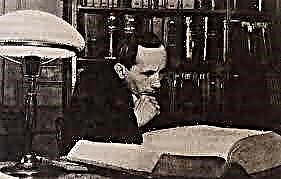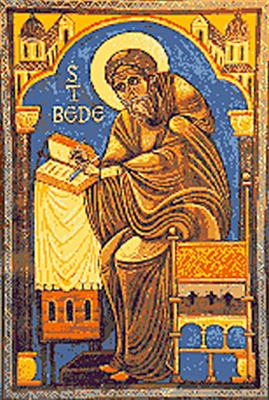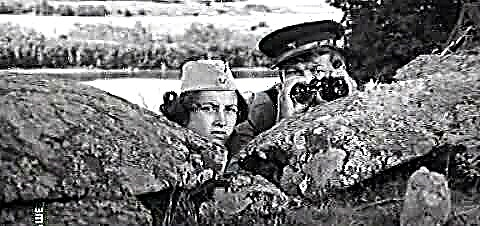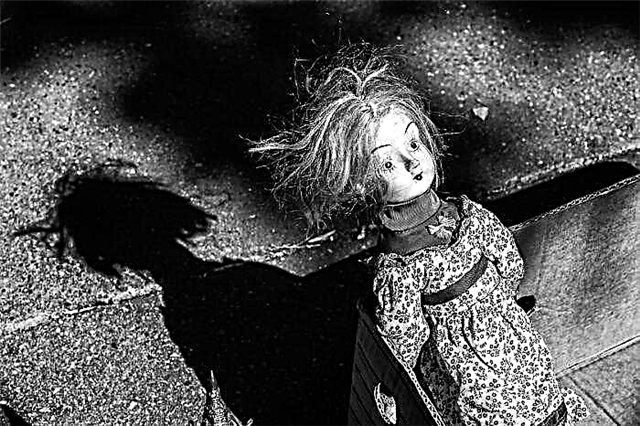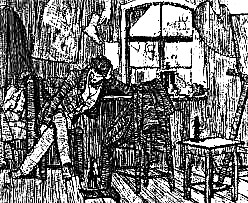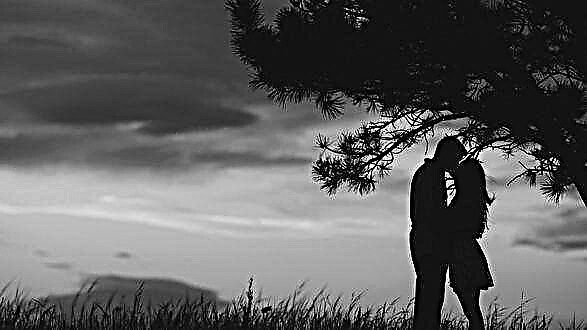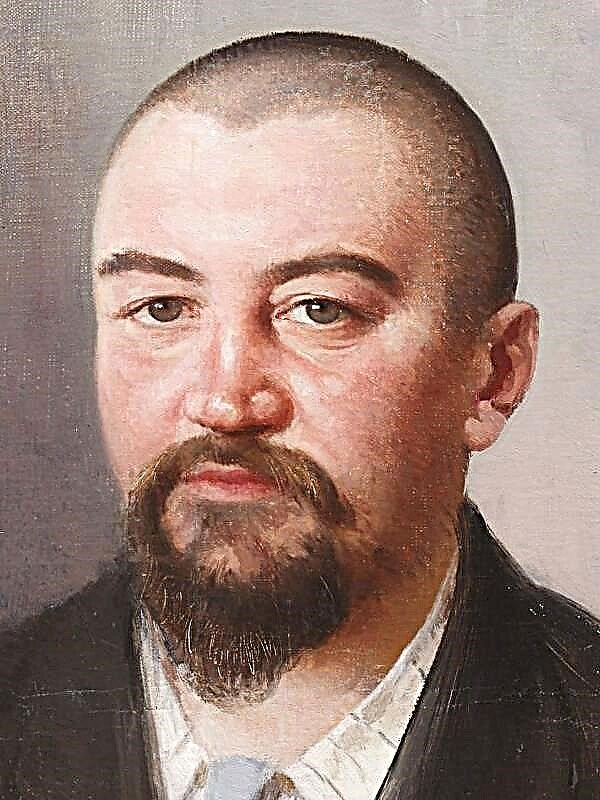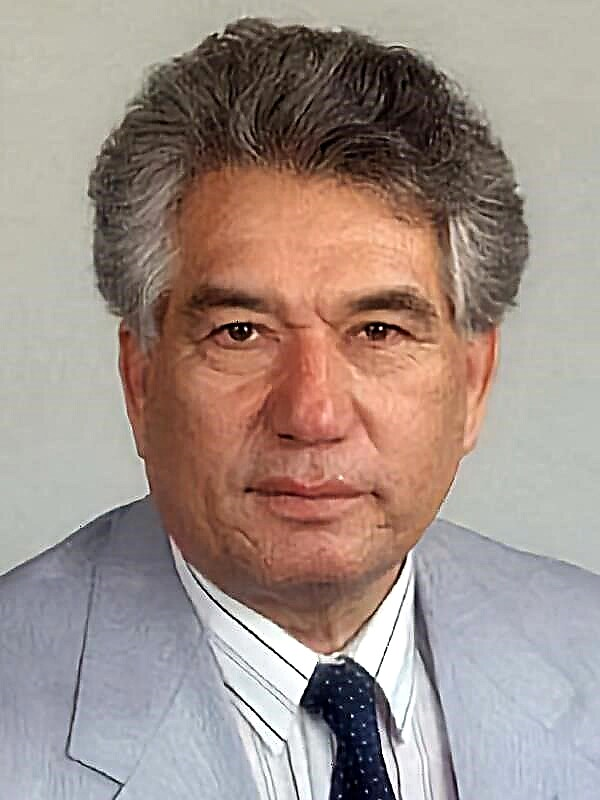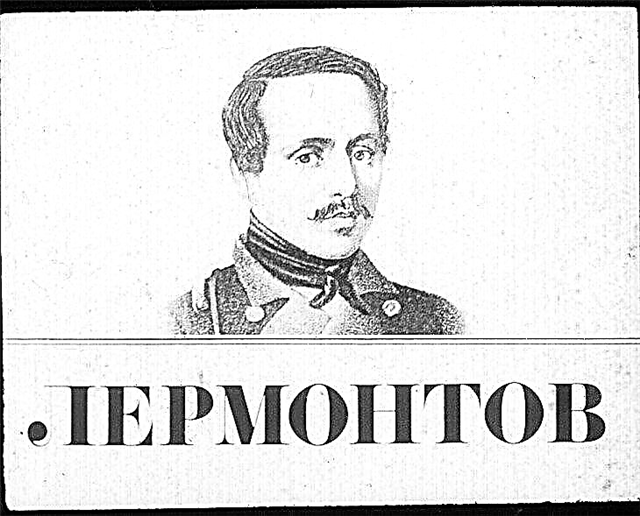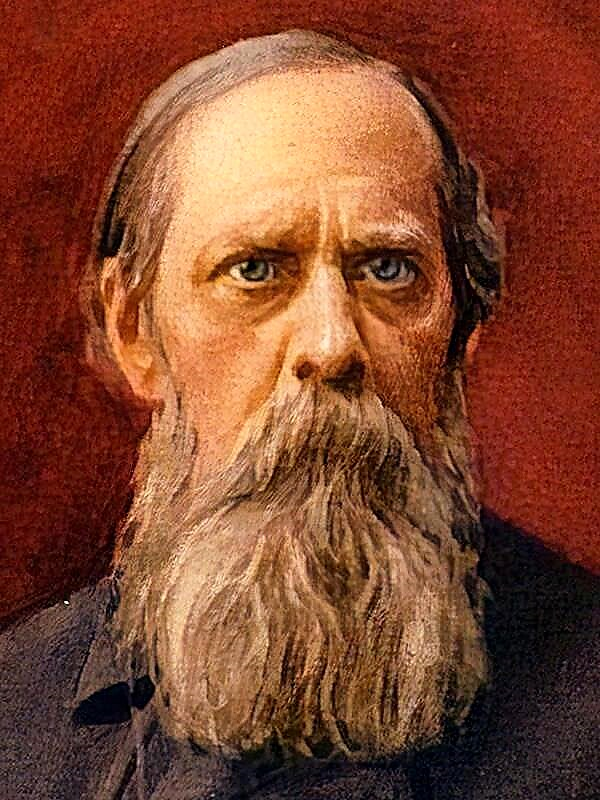The lyrics of M. Yu. Lermontov are very subtle matter. Each line of his poetic compositions is like an open spiritual wound. Despite the fact that the poet had a reputation for being a keen and dreamy person, he always devoted himself to creativity with all the power of self-expression, reverently and under a veil of easy detachment, rhyming what he experienced. Each woman to whom Lermontov devoted lines, sincerely and passionately occupied his thoughts. But there was only one girl, whose memory and love remained in his heart until the end of his days.
History of creation
The poem was created in 1841 and refers to the late period of Lermontov's work. He was already bored with secular society, he often preferred solitude. However, for the sake of one of his beloved, who forever left a mark in his heart, the poet sometimes goes to balls. There he has the opportunity to meet with Varvara Bakhmeteva, nee Lopukhina, and sneakily watch her. It is believed that the lines of this poem are dedicated to her.
The brother and sisters of Barbara, who was in the nobility, were friends with Lermontov, who later himself became acquainted with the young lady. The love between them was platonic, but therefore no less tender, bright and strong. Varvara, on the other hand, was forced to accept the offer of the wealthy landowner Bakhmetev, who had fallen for her, since her parents were opposed to Lermontov. The poet has dedicated more than one work to his beloved. It is also believed that the images of Vera and her old husband from "Princess Mary" (one of the chapters of the "Hero of Our Time") are copied from the Bakhmetev couple.
Genre, direction and size
The genre of this lyrical work is elegy. The poet writes with sadness and a shadow of imagination about a meeting with his beloved woman.
The direction combines the features of romanticism and realism. Romanticism is manifested in how the poet is enthusiastic and captivated by the lady of his heart. And he uses bright means of artistic expression for this. Realism is emphasized by the reality of the events and experiences of the author. Varvara Lopukhina became a muse for the poet at the end of his life. Even on envelopes with letters addressed to her, Lermontov often furiously crossed out the initials of her beloved husband's surname and indicated the initial letter of her maiden name. So much he was painfully worried about her marriage and the inability to be near.
The size of the poem is a six-foot iambus. Rhyme used cross, female and male.
Images and Symbols
An important symbol of the poem is a mask through which the poet easily recognizes his beloved. The fact is that at the time of the creation of this lyrical work, masquerades were popular. Lermontov addressed this topic more than once in his work. And having visited one of these masquerades, he had the opportunity to meet his beloved, Varvara Lopukhina. At that time, she was already married, and the poet understood the impossibility of close relations with her, which made him feel depressed.
The poem, of course, is autobiographical, although it has not been reliably established that it is dedicated specifically to Barbara. This is evidenced only by guesses of contemporaries and eyewitnesses of events.
The lyrical hero, in the role of the author himself, is able to recognize his beloved woman even under a mask. He distinguishes her features, notices the grace of the lines of her camp and face, catches every sound of her voice. That image, which is hidden under a masquerade mask, is infinitely loved by him, causes a quivering beating of the heart and reminds of a strong feeling hidden inside. The rest is already drawn by the poet’s imagination; he dreams that someday they will be able to meet their beloved “like old friends”, hoping in vain to go beyond the bounds of forbiddenness and forbiddenness. The author seems to repent that he could not give the dear woman happiness, and refuses to recognize the rights to her of another man, the landowner Bakhmetev.
Lopukhina reciprocated the feelings of Lermontov. The first quatrain of his works tells us about this. This, in turn, gave the poet inspiration and the power to create. They said that Varvara, like Mikhail Yurievich, preserved this love that broke out between them until her death. Partly the death of the poet and her crushed. But the author left us these tender lines, in which he gives a special piquancy to the image of his beloved, whose recognizable face is excitingly hidden under the mask.
Themes and mood
- The main theme of the poem is, of course, love. She moves with all the thoughts and actions of the poet, she changes and reveals it from the inside. Love for Varvara Lopukhina truly passed the test of time and circumstances: Lermontov retained his bright feeling for Varenka until the end of his life.
- Also we see nostalgia from bygone times, which we can also call the theme of the work. The author recalls with sorrow and longing those times when the chances were not yet lost.
- Mood lyrical work is the same as that of the author himself. He is saddened by the sadness of the inability to find happiness next to his beloved woman and bestow it on him. At the same time, the pace of versification is calm and does not differ in the fervor of expression. All this was characteristic of the late period of Lermontov's work.
Main idea
The poet draws to us the inner side of his life, and not its shell. He clearly paints the true picture of love: after all, it does not always bring harmony and joy to everyone. Love can cause severe suffering, while being mutual. The triumph of reality over a dream, public framework over emotions - this is the main idea of the poem. Feelings do not always bring happiness, often they are broken about the realities of life.
Lermontov talks about how complicated relations can be between loving people who want to be together, but who do not have the opportunity to find this happiness. However, even this state of affairs makes sense in the life of a person who is able to love. And by his example, the poet, as if urging us not to give up our love under any pretext, not to be afraid to admit to this feeling for another person, even if this road has no clear route and bright prospects.
Means of artistic expression
All the artistic means used by the author to create this poem served to build the fullness of the images of himself as a lyrical hero, a stranger in a mask acting as a beloved woman, and in general for a comprehensive transfer of the poet's quivering feelings.
Lermontov used only one comparison, and already in the first quatrain: "Your pleasant voice sounded to me like a dream." The poet thereby immediately declares his heart’s desire for a lover, the ability to easily recognize her in the midst of noise and ball, and the emotional pain that fills him, being both close and far from her.
Epithets convey a vivid emotional coloring, which the poet gives to the described feelings and experiences: “captivating eyes”, “crafty lips”, “mysterious, cold half mask”, “virgin lanita”. However, these artistic images suggest that the poet is lonely and vulnerable. He realizes that he will not find a way to express his love. Sometimes it seems to him that the beloved plays with his feelings, flirts. This is clearly conveyed through metaphors: “your captivating eyes shone for me”, “crafty lips smiled,” “a high-handed lock of curls that left my wave”, “I carry a disembodied vision in my soul”. “Lips” - as an example of sublime vocabulary, reporting the power of feelings for a stranger in a mask. Exclamation "Lucky!" also conveys a high degree of emotional state of the lyrical hero.
Lermontov approached the creation of this poem, being filled with the warmest, most sincere and strong feelings for the lady of the heart. And so he filled his creation with the most refined and moving vocabulary.

